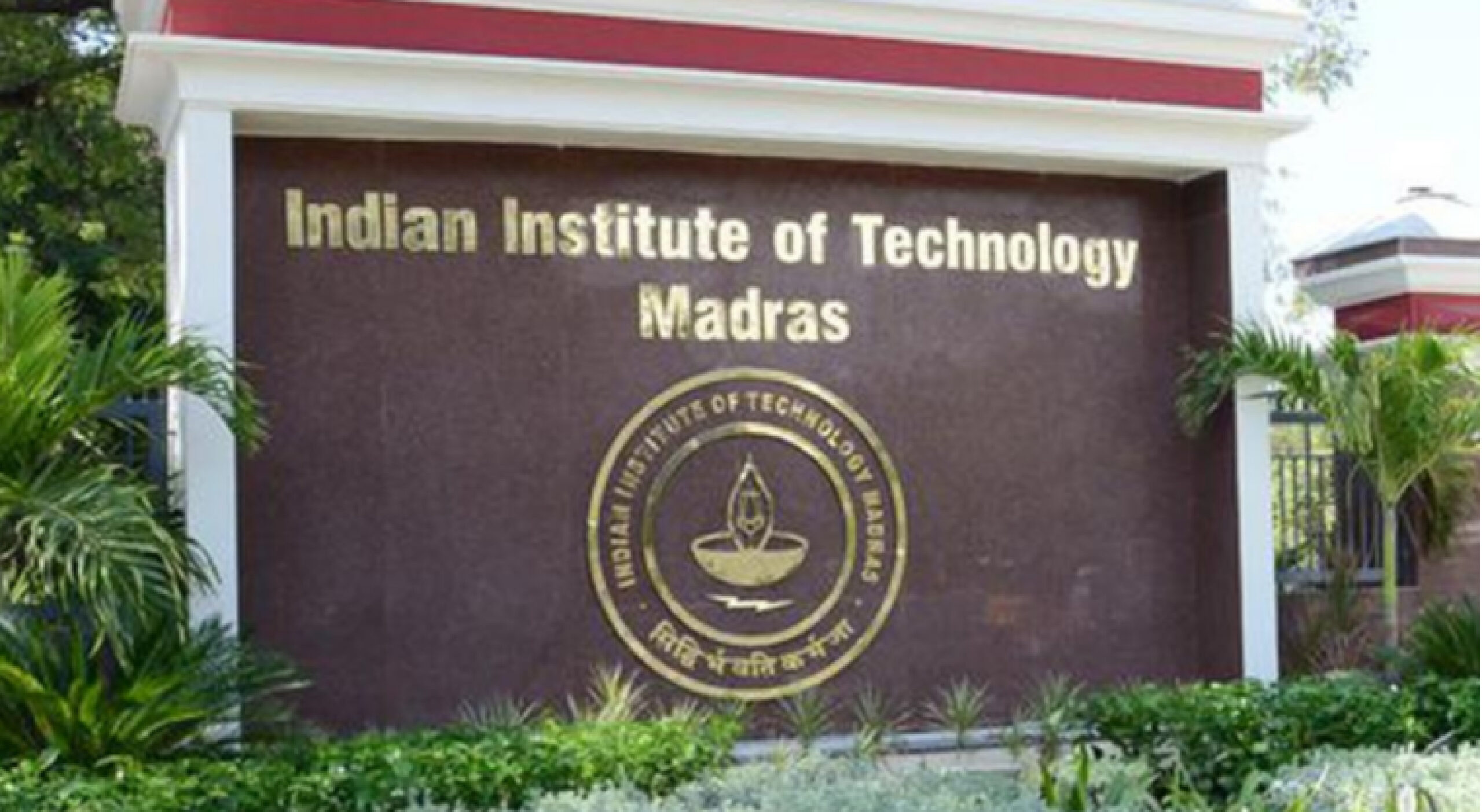Indian Government Asserts Taxation Policy for Startups Considering Reverse-Flip
- ByStartupStory | March 30, 2024

In a recent interaction with The Economic Times, India’s Commerce and Industry Minister, Piyush Goyal, addressed concerns raised by Indian origin startups regarding taxation upon moving their domicile back to India. Goyal emphasized that such entities would indeed be liable to pay taxes for onshoring themselves, echoing the government’s stance on the matter.
Goyal stated, “These companies went outside for their own selfishness…not because of any pressure or other reason. They wanted to do better tax planning…they enjoyed that benefit. Why they want to come back is not an altruistic motive. They want to list in India because here’s where you get the valuations.”
Highlighting the potential benefits of taxing these returning startups, Goyal emphasized the government’s plans for utilizing the revenue generated. He said, “So, if they have to pay tax, it’s good. It’ll help us give more scholarships to poor children or build homes for the poor or replace the slums with proper housing.”
The move to return to India stems from the attractive valuations offered by domestic public markets to technology ventures. However, the process of reverse-flipping entails tax implications, as exemplified by US-based retail major Walmart, which paid nearly $1 billion in taxes to the Indian government during the separation of PhonePe from parent Flipkart.
The Economic Survey for 2022-23 laid down recommendations for tax simplification to facilitate the process of reverse-flipping, acknowledging the growing trend among startups looking to relocate their base back to India.
Goyal also emphasized the importance of increased private sector and domestic fund investment in India’s startup ecosystem. He expressed the government’s aspiration to witness the birth of 1,000 unicorns in India, underlining the significance of bolstering private sector investments.
Regarding tax issues faced by startups, particularly in the fintech space, Goyal acknowledged the concerns but indicated a willingness to address them. He stated, “I have not been apprised of this specific issue. We can take it up with the finance ministry.”
The government has previously addressed concerns such as the angel tax issue, which affected startups. Goyal explained the rationale behind taxation and valuation norms, aiming to strike a balance between facilitating startups and preventing misuse of regulations.
The mechanism for startups to address tax issues includes the involvement of the Department for Promotion of Industry and Internal Trade (DPIIT) committee, which reviews cases and provides approvals, ensuring a streamlined process.








